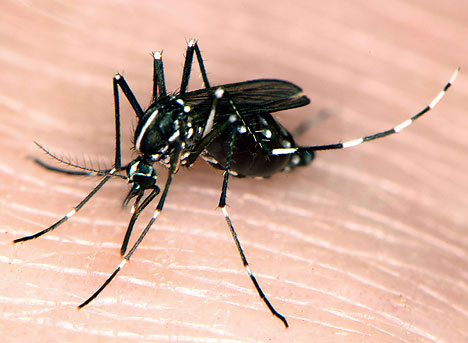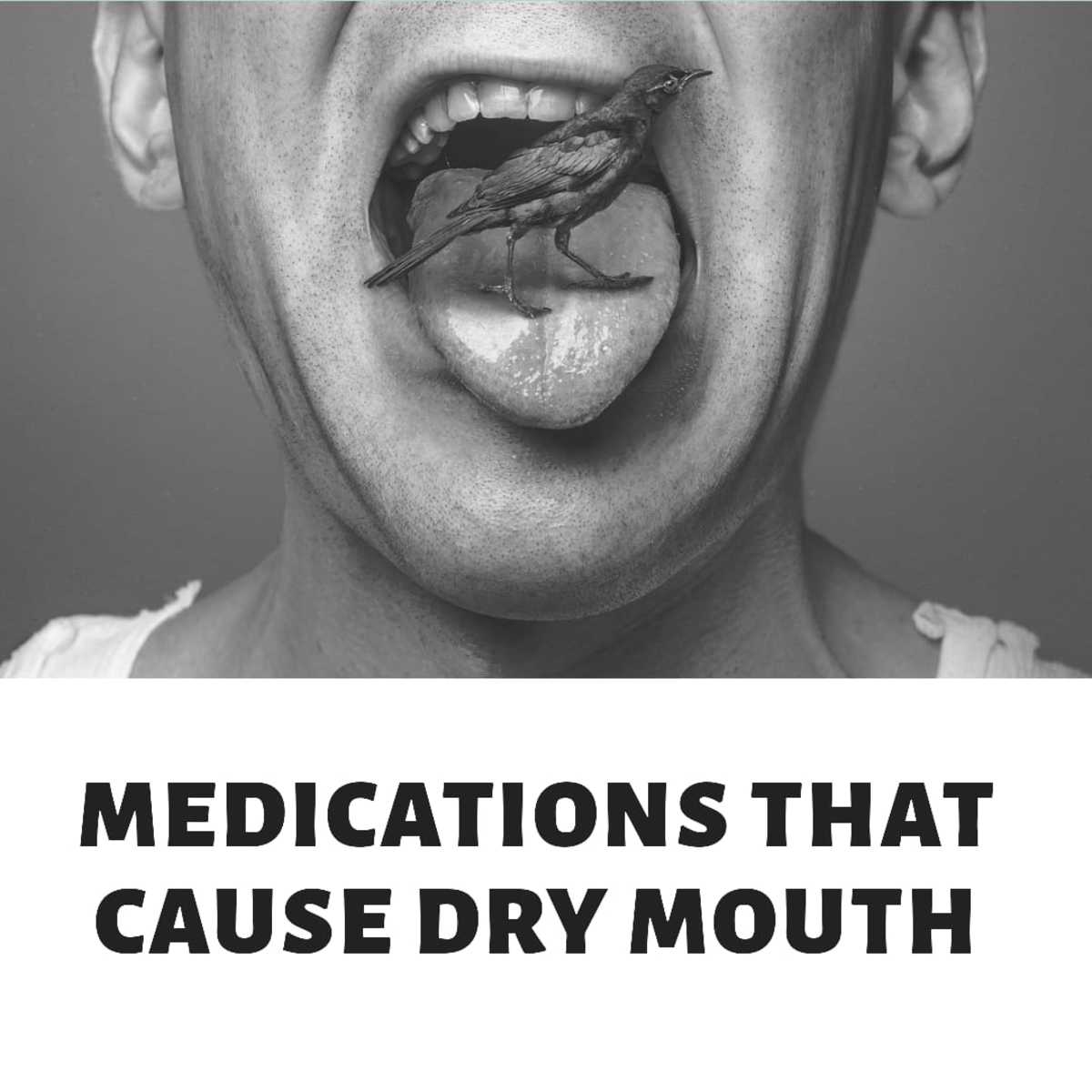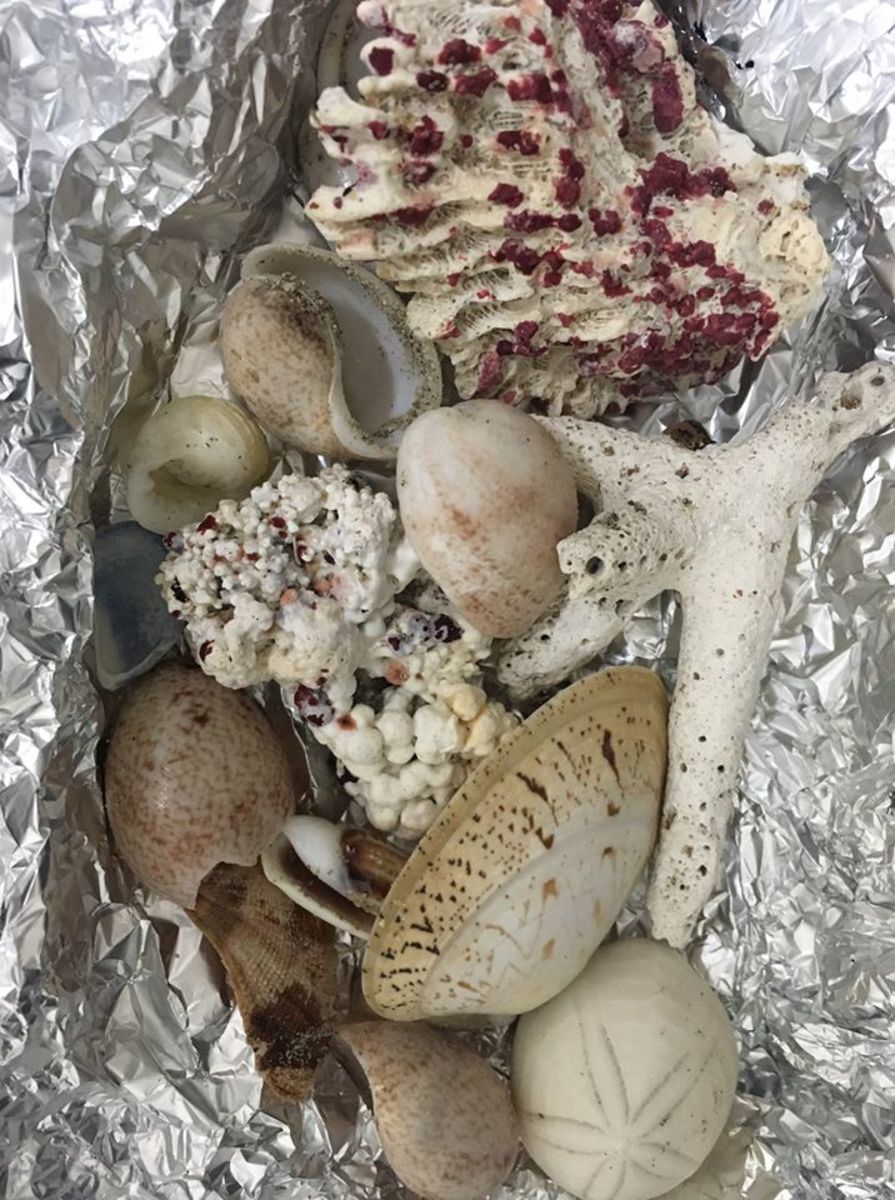Drug Resistance in Insect Vectors - Should DDT be Banned as Malaria Becomes Resistant to Drugs?

Malaria is caused by pathogens, which inhabit the saliva of the female Anopheles mosquito. These pathogens are injected into an individual when the Anopheles mosquito bites, injecting its saliva containing an anticoagulant which helps the blood to flow. These pathogens then are able to move about the body and infect cells.
For those of you who aren't familiar with darwin's theory of evolution by natural selection, it hypothesises that in any given population there are certain individuals who posess characteristics that are favourable and therefore give that individual an advantage. As the environment changes, those who have advantages are able to survive and pass on that characteristic to its offspring.
In the example of Malaria, drug resistance to DDT has occured. This is because some of the disease-carrying mosquitoes have become resistant to the drug. Over time, an increasing number of the population became resistant to the DDT, which was once a very popular pesticide. Now, due to natural selection, it is rendered very ineffective against the Anopheles mosquito. This had led to rising numbers of Malaria cases in the world.
The pesticide itself has harmful effects. Exposure to DDT has been known to cause neurological problems, asthma, cancer and diabetes.
So, should DDT be banned as it is no longer effective against Malaria? The answer is, yes. Most industrialised countries of the world have already banned its use after discovering the adverse effects that it can have on the health and development of a human individual. However, it is still used in thrid-world countries as a pesticide.





